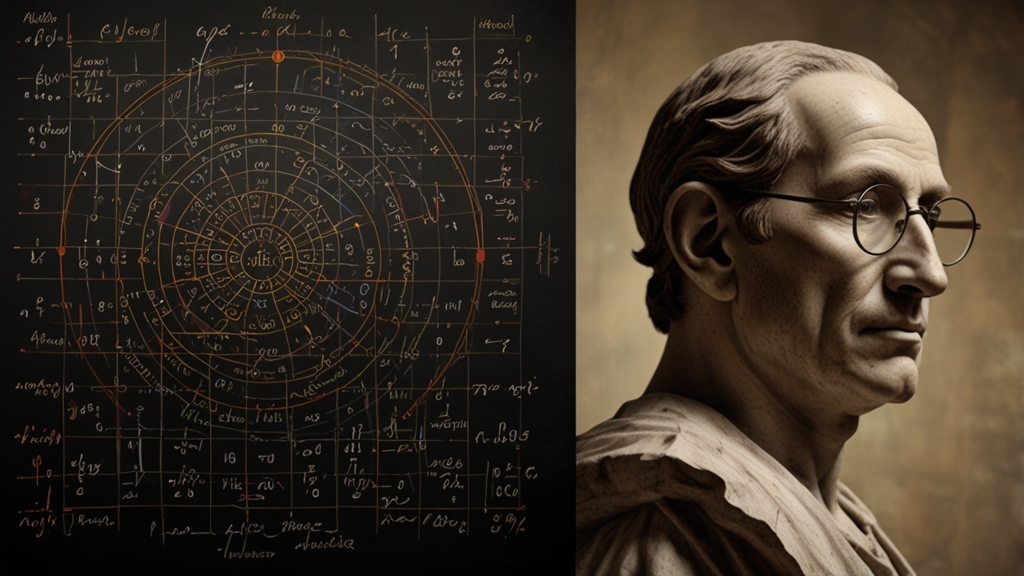Metaphysics Explained: Demystifying the Complexity of Existence
Metaphysics, often thought of as a discipline of abstract contemplation, seeks to understand the fundamental nature of reality and existence. While it may appear esoteric and inaccessible, a deeper exploration reveals its profound relevance to human understanding and the questions we ponder about our world and our place within it.
At its core, metaphysics asks some of the most foundational questions: What is existence? What is the nature of reality? How do objects exist and what does it mean for something to be real? These questions have been the domain of philosophical inquiry since the time of the Ancient Greeks, with philosophers like Aristotle laying the groundwork for what would become the scientific inquiry into the nature of being.
The Nature of Reality
One of the primary concerns of metaphysics is the nature of reality itself. This includes pondering whether the world around us is merely an illusion, as some Eastern philosophies suggest, or if it is concrete and immutable. The dichotomy between appearance and reality is a central theme. For instance, does the chair you sit on exist independently of your perception of it, or is its existence somehow tied to your awareness?
"To be is to be perceived," philosopher George Berkeley posited, suggesting that existence fundamentally relies on being perceived by a conscious observer.
However, not all metaphysical theories agree with this notion. Realists argue that the world is independent of our thoughts and perceptions, while idealists maintain the concept that reality is fundamentally constructed by the mind.
The Question of Existence
The concept of existence itself is another metaphysical puzzle. What does it mean for something to exist? How do we differentiate between existence and non-existence? Philosophers have categorized different types of existence, such as material existence (the physical world), mental existence (thoughts and dreams), and abstract existence (numbers and propositions).
Questions surrounding existence can also lead to inquiries about the self and consciousness. What is the nature of the conscious self? How does self-awareness emerge from physical processes, and does the self persist after death? These inquiries touch upon both metaphysical and existential dimensions, capturing the essence of our quest for meaning.
Ontology and Epistemology
Within the realm of metaphysics, the study of ontology focuses on the categories of being and their relations. Ontologists seek to understand what kinds of things exist and how they relate, proposing different frameworks for categorizing reality. For example, substance theory posits that substances (or objects) are the primary constituents of reality, whereas process philosophy emphasizes change and development as fundamental aspects of existence.
"The only constant in life is change," Heraclitus famously stated, highlighting a view that reality is in a state of perpetual flux.
In contrast, epistemology deals with the nature and scope of knowledge itself. It addresses questions about how we know what we know, and what justification we have for our beliefs. Together, ontology and epistemology form a comprehensive inquiry into the nature of reality and our understanding of it.
Metaphysics in Contemporary Thought
In contemporary philosophy, metaphysics continues to intersect with various fields including science, religion, and ethics. Developments in quantum mechanics, for example, have raised new metaphysical questions about the nature of matter and the limits of human knowledge. Similarly, debates in artificial intelligence and cognitive science prompt us to reconsider what it means to be conscious and whether machines can possess a form of existence akin to human beings.
Despite its abstract nature, metaphysics remains a vital field, reminding us that the quest to understand the underlying principles of existence is a fundamental aspect of human curiosity. By seeking to demystify the complexities of existence, metaphysics provides a framework for exploring the most profound questions about our world and ourselves.








